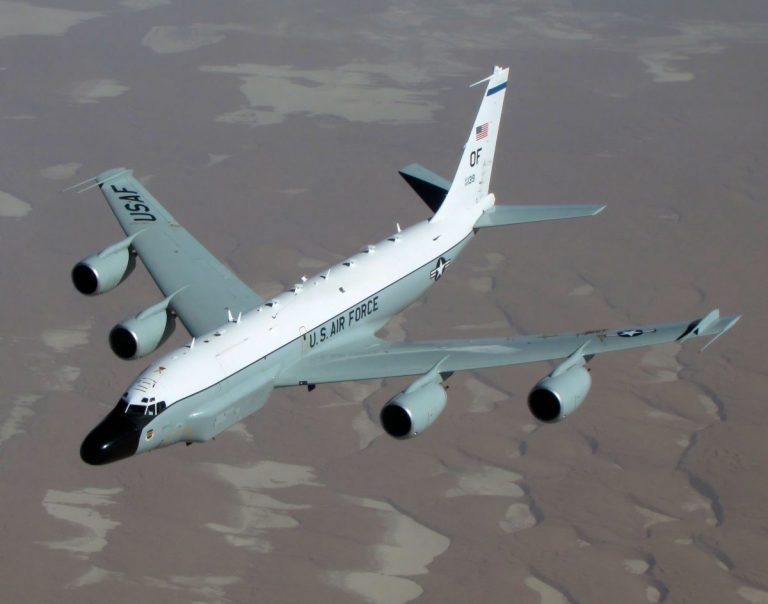Dona Nobis Pacem
I find myself unable to sleep. I was temporarily overwhelmed by something simple: the cast of M*A*S*H singing the song “Dona Nobis Pacem.” It’s a little thing, and somebody’s bound to say, “It’s a TV show. It’s fiction,” but last night what got to me was the thought that it has been 25 years since I served in the first gulf war, and our young men and women are still dying over there. I had to leave the room to get control of myself. No use putting all of this on my joyful grandchildren!
And yes, I thought first of our American young men and women. I should, as a Christian, be equally concerned with all who suffer and die in war, wherever and whoever they are. I did start to think of them in time.
This is not in any way about sympathy for me, or about any bad experience I had. In fact, I had a rather pleasant war, as wars go, and one I chose. I went out of my way in the two or three years before 1990 to get the qualifications that pretty much guaranteed I’d be headed out to any action in the Middle East, and I was even asked if I wanted to be deployed. I did.
This is not about being a pacifist. I still hold the beliefs, and have the character (I think) that sent me over “there” (wherever!) in the first place. A democracy, to be viable, needs a military that carries out the order of the elected government. I am proud to have been a small part of that, and to have been there when my country needed me.
But what is making it hard to sleep is the memories, the knowledge of what dedicated young people right now are giving for their country. There is a duty for those of us who remain, whether we’re veterans of such an experience ourselves, or are those who have been privilege to live peacefully while they have been giving.
I said that a democracy requires a military that will carry out the orders of its civilian masters. The other side of that is that our military needs—and deserves—a culture and government that makes effective use of their service, that makes sure that they do not die—or kill—for nothing.
Yet many do not want to take the time to think about this. While our men and women fight and give their lives, we have little time to discuss whether we will make that effort effective. I’m not advocating one strategy or another here. I’m just thinking that how we’re going to go about this endless war on terror needs the application of more wisdom, more long-term strategy, and more weight. We’re mostly concerned about our jobs, our comforts, and our taxes next month. This is an issue of people dying.
While we’re at it, we need to count the full cost of war. Not just the cost of keeping the troops over there and equipping them well, though that’s important, but also the cost of caring for these people once they’re back, and caring for their families when they pay the ultimate price. We love to watch videos of returning service men and women. We love to see acts of charity that warm our hearts. But taking care of the people who have given this much is not an act of charity; it is payment of a debt. It should not be left to chance. It should be systematically paid as a moral obligation.
I had it easy and came back in robust health. I recall a conversation with the son of one of my best friends who was still overseas when I had returned. His question was this: “Why can’t it be my daddy coming home?” His daddy did come home, thank God, but that etched in my mind the fact that somebody’s daddy or mommy is not coming home, or is coming home injured in body or spirit.
The people who sent them owe them. We owe them every bit of support. We owe them a willingness to think and learn, to make sure their sacrifice is not in vain.
How we accomplish that is a good subject of debate. That we owe it is not.

Too few intelligent, thoughtful consideration of this topic. Needs to happen on the highest levels.
Thanks for sharing!